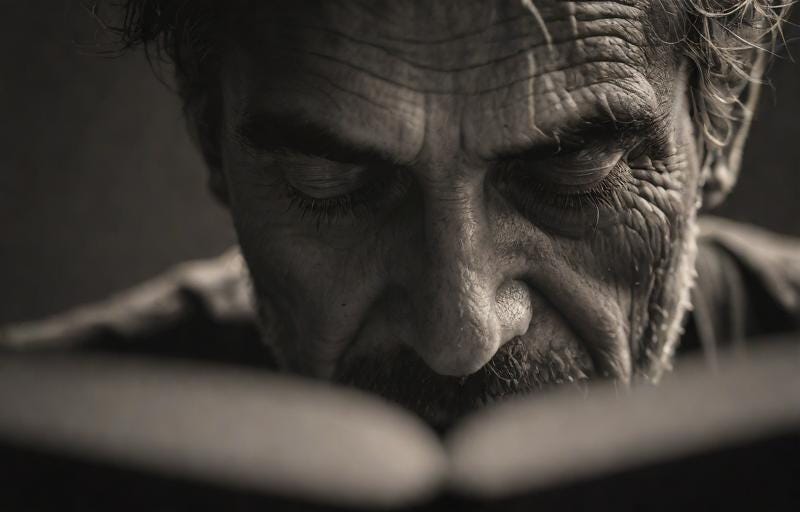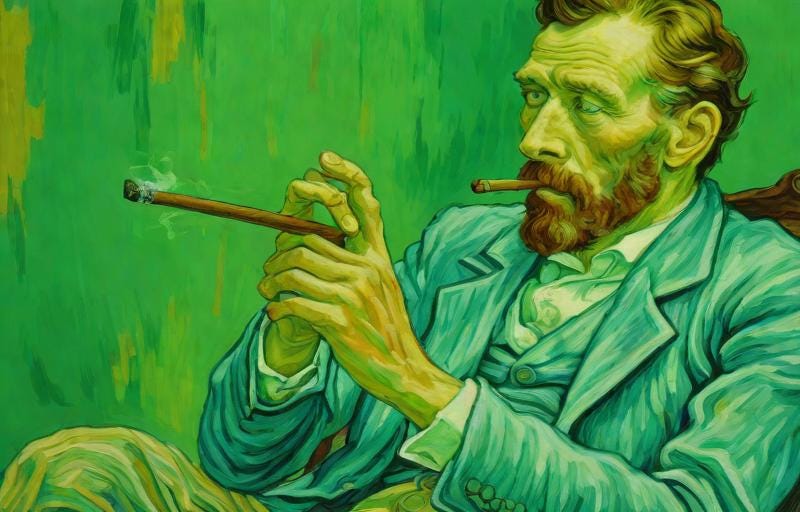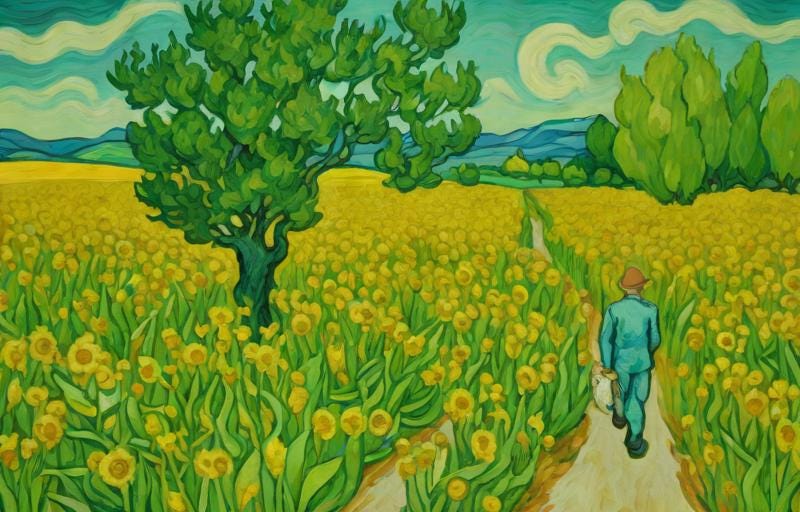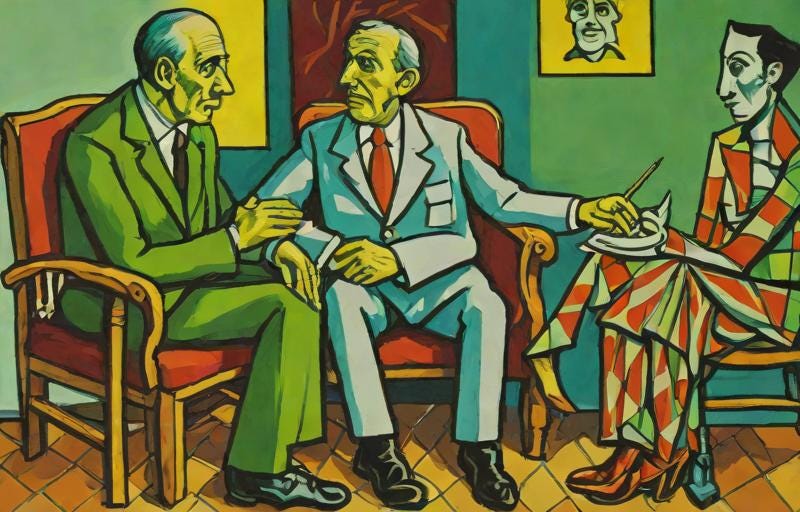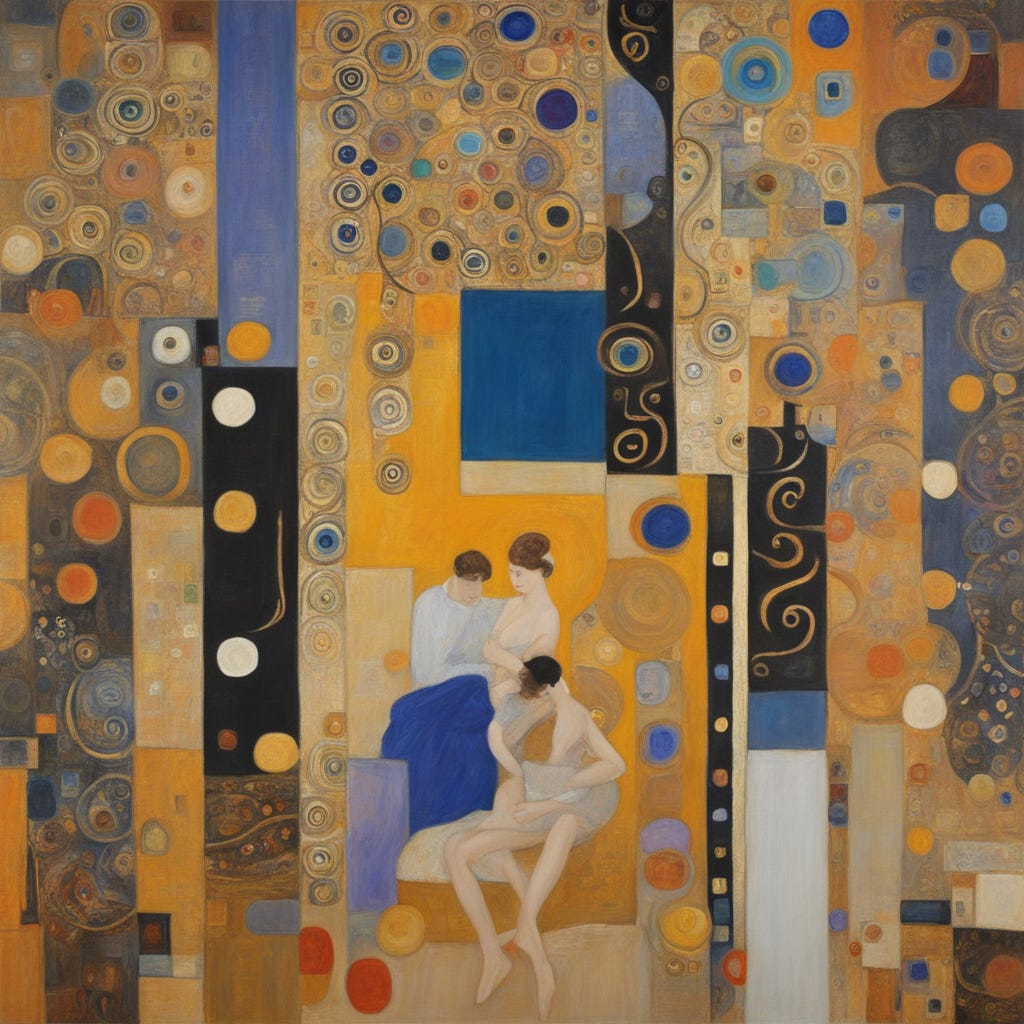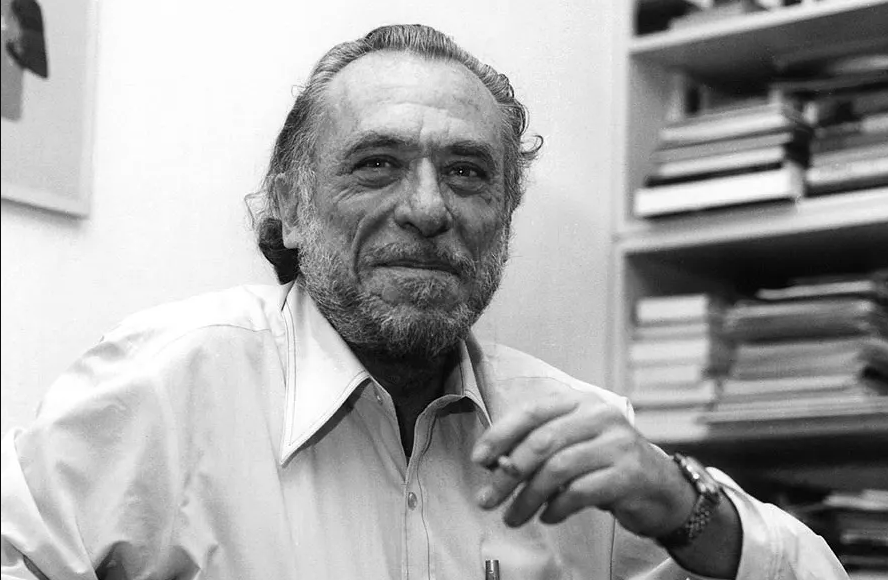“Ideas are driven by a single impulse: to be made manifest.” ― Elizabeth Gilbert

“I’m at work and listening to one of our suppliers. It’s an important meeting. He is highly critical of our performance this year and doesn’t accept that the country’s economic woes hurt purchasing power. Instead, he lays the blame on our structure and personnel. It’s my job to not only appease him but to hold my ground and lower his expectations for the rest of the year’s turnover. This new guy doesn’t seem to understand logic and only recites numbers. However, my mind continues to wander to tonight’s football match. I haven’t been as eager for the English Football season to start for a long time now, when for several hours a week, I go back to my 10-year-old self—nervous before games, biting my nails throughout the matches and bearing extreme mood swings depending on whether we win or not. We, by which I mean Manchester United, the wealthiest, most prominent, and most venerated team, and the team that I’ve supported since I was a 10-year-old.Winning is a feeling of elation that enhances my every word and action for the next 24 hours, while losing could mean breaking a television remote control, sulking for hours on end or being a complete asshole. ”
That was an excerpt from chapter one of my 2018 book idea, Football & Business, Bloody Hell.
I’ve never been as excited to write about anything as I was about intertwining the two passions that have dominated my life. The beloved football team I’ve supported since I was a kid and the Company that I’ve been running since 1994.
I wanted to weave my company’s woes with the turmoil at Manchester United, covering the 2018-19 season in a ‘memoiresque’ prose similar to Karl Ove Knausgaard’s style, where he describes his day in colourful detail, often meandering to the point.
The book would have 38 chapters covering every game Man United played in that Premier League season. It would start with the sacking of the then-celebrated manager of Man United, José Mourinho, and also coincidentally with the firing of both my sales and marketing managers, which all happened in the same week.
Over the next nine months, I’d chronicle the truth of what would unfold in a vulnerable and journalistic manner. I’d reveal my frustrations and deepest feelings about daily events at the company, which echoed that of the Man United hierarchy.
I got to the seventh game and stopped.
Life somehow took over, and I told myself that the company’s woes were too serious to waste valuable time.
Perhaps I was too afraid to reveal all my feelings and anxious about how my family and friends would perceive me.
The idea slowly fizzled out of my mind, and after a few weeks of guilt, I found a way to justify stopping. I told myself it just wasn’t the right time.
Are ideas limited by time?
Do ideas really move on or disappear when we don’t listen and work on them?
Could that same book be written again?
In Big Magic, Elizabeth Gilbert argues that ideas have agency. “Ideas have no material body, but they do have consciousness, and they most certainly have will,” she writes. When this idea “finally realizes that you’re oblivious to its message, it will move on to someone else,” but sometimes, “the idea, sensing your openness, will start to do its work on you.”
I’m sure many football journalists wrote better accounts of the 2017/18 Man United season. Probably, someone at my company could detail the events of that year better than I could.
However, with my many years both as a CEO and a Man Utd fanatic, I think I could’ve offered the world an exciting book that revealed true feelings, stories and perspectives not often heard.
Also, I could’ve showcased the similarities between running a football team and a business and the ensuing pressures of being at the head of both of them.
But I bottled it, and the idea died.
So when Ideas don’t manifest, where do they go?
Gilbert tells a story about an idea she had for a novel set in the Amazon that she neglected for so many years that it left her — and took up residence with her friend, the novelist Ann Patchett. Gilbert also suggests that an idea about Ozzy Osbourne and his zany family visited her once, but after she ignored it, it graced MTV instead.
Her explanation may be too New Agey for some. However, like Gilbert, I do believe that life is both mystical and magical.
Ideas do come and go. If we don’t grab it, work on it, and carve it up like Michelangelo would a block of marble, ideas could perhaps linger for a few years, a decade or two, but then disappear.
The good idea wants nothing more than to use us as a vessel. It wants to come out into the world. All we have to do is be strong, patient and tolerant of it—We must quiet the noise around us, listen and surrender to its voice.
And yet, I have not seen a version of Football & Business, Bloody Hell.
Could the idea still be lingering and waiting for me?
